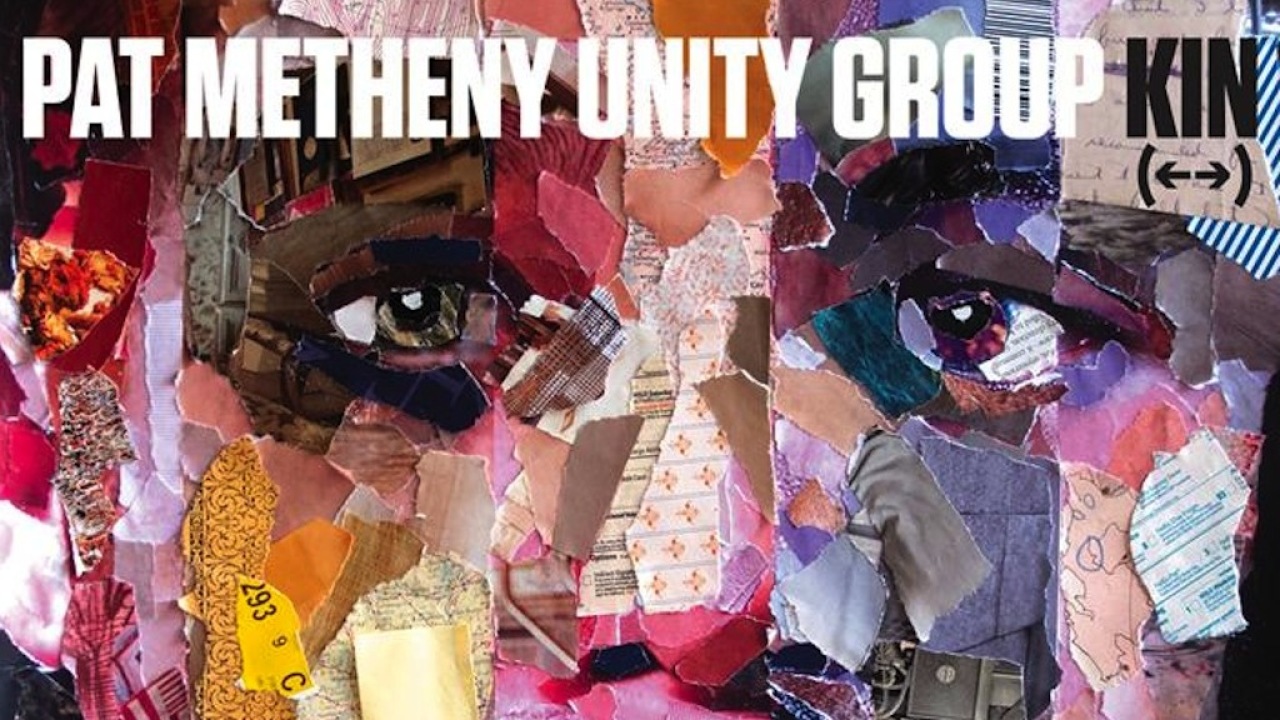Some 40 years on from his recording debut, and the overarching impression one gets listening to this guitarist is that he’s not only happy with his work, but he’s also extremely happy in his own skin. He frankly enjoys being Pat Metheny, and given that he’s notched up impressive sales, piles of awards (20 Grammys and counting) and appreciative notices in just about every language on the face of the planet, well, you can’t really blame him.
Joining the core quartet of Chris Potter (brass/woodwind), Ben Williams (bass) and Antonio Sanchez (drums) comes Giulio Carmassi, who only just refrains from chucking in the kitchen sink on a list of credits that includes piano, brass, cello and vocals, to name but a few. Carmassi’s presence isn’t merely decorative – he does plenty of the heavy lifting, enabling Metheny to achieve his desire for a wider and more detailed orchestration.
In the accompanying notes, Metheny observes: “If the first Unity Band record [2012] was a thoughtful, black-and-white documentary of four musicians in a recording studio playing, this record is more the Technicolor, IMAX version of what a band like this could be.” It’s a good analogy given that so much here has that movie soundtrack quality, filled with moments of intimacy, drama and tension.
As a composer, Metheny is especially adroit at combining specific instruments and harmonic devices that expertly tug at the heartstrings. At times there’s a calculated, almost coercive dimension to what he does. Yet when the sultry smooch of the slow-burning Born does indeed arrive at the heady denouement that you knew it would, as the horns and guitar blend and blare in studied intensity, the effect is hair-raising, hitting the emotional sweet spot exactly and precisely as intended.
Although Metheny isn’t averse to atonal blow-outs, on this album, like most of those preceding it, the prevailing mood is sunny and upbeat. On Day One effortlessly crosses a roving jazz brief, with Potter’s insistent horn motifs that wouldn’t be out of place on a minimalist opus by Steve Reich. And there’s that tonal, anthemic component to many of the pieces that serves to make them memorable. Occasionally, as on the title track, what comes to mind are the glories of Metheny’s 70s ECM-label triumphs, such as As Falls Witchita… Yearning guitar-synth themes are ushered in on a rippling of sparkling cymbals, while ghostly crowd sounds echo and manifest.
Though short on any genuine surprises, Kin really does revel in the dazzling and joyous mastery that beats away in Metheny’s core.

